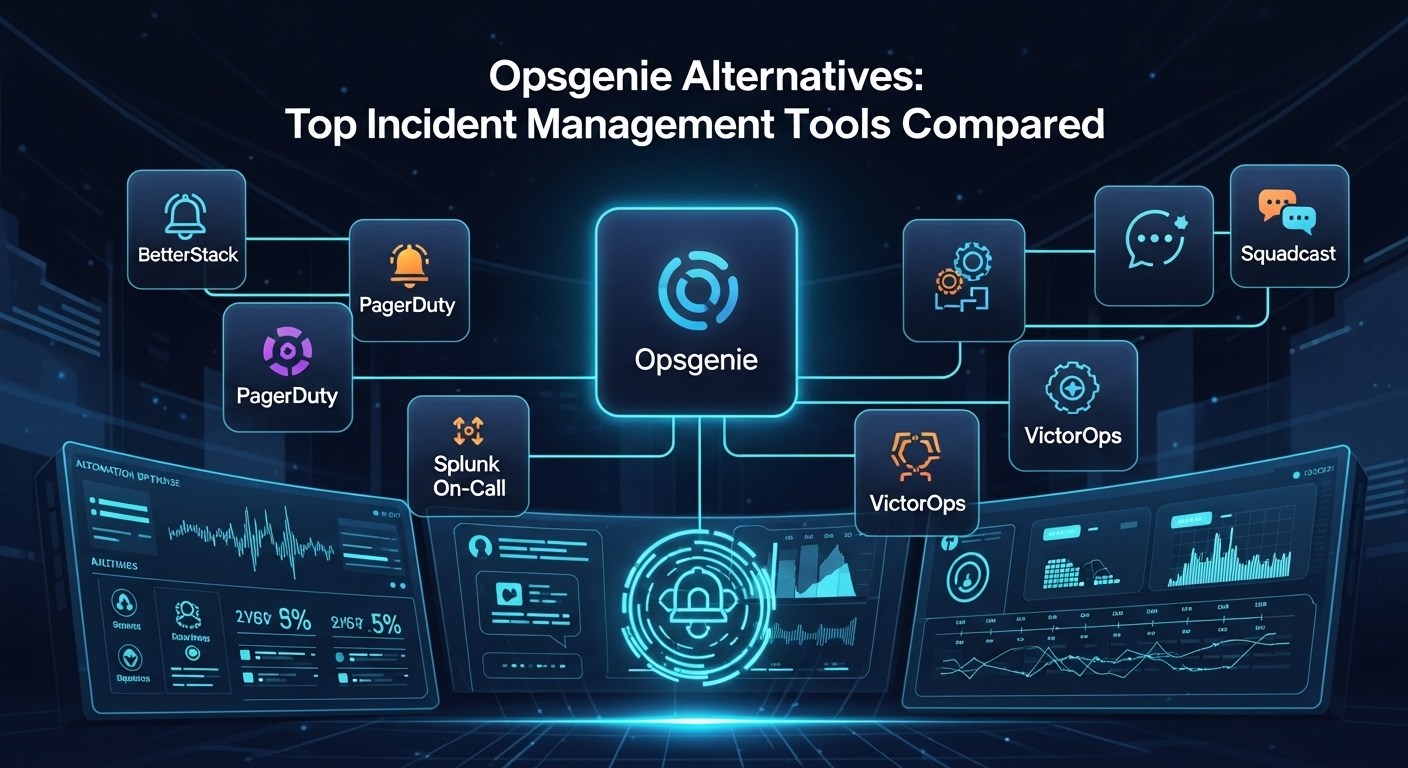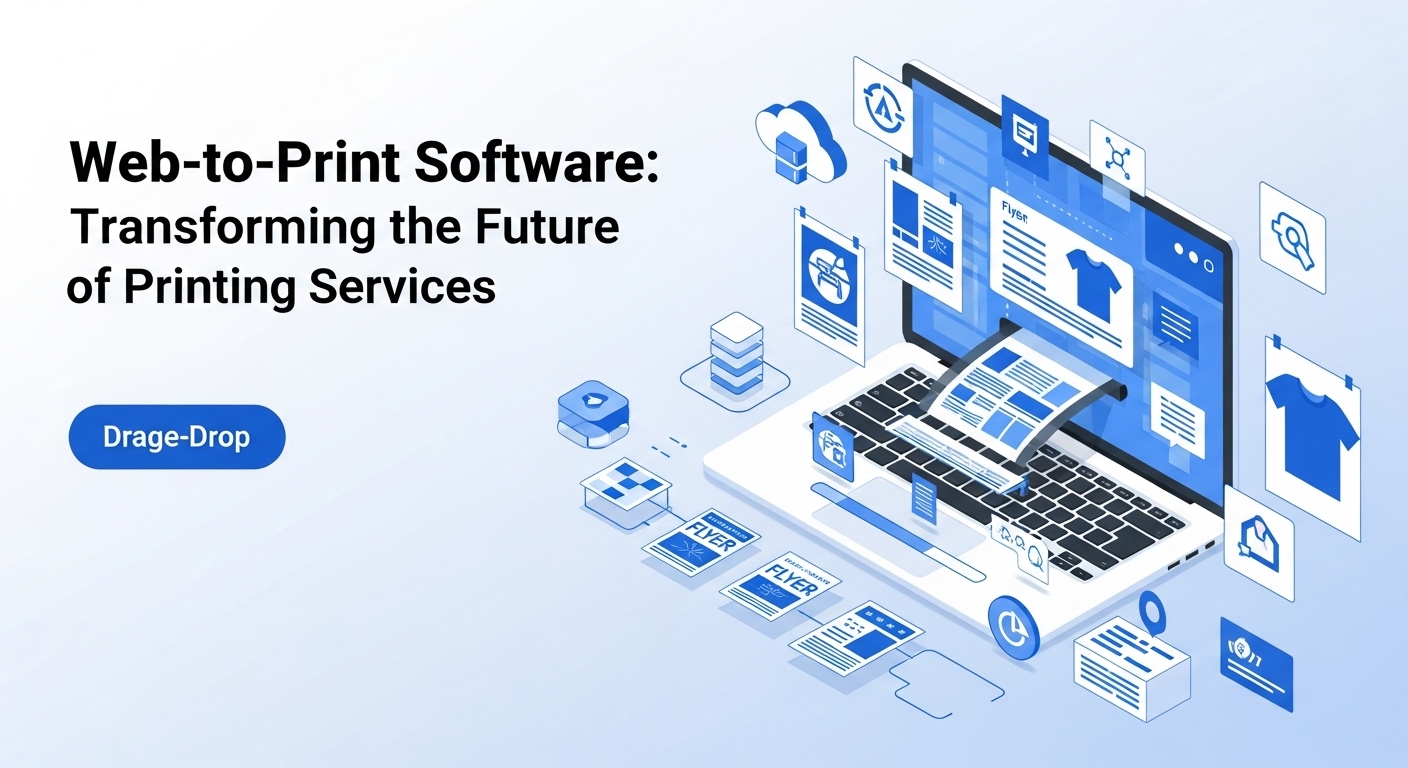The Ultimate Guide to Building a Custom WordPress Website in 2025

Strong 8k brings an ultra-HD IPTV experience to your living room and your pocket.
In the digital-first world of 2025, your website is more than a virtual storefront—it’s the heart of your brand, marketing engine, and a key driver of business growth. While website builders and templates offer convenience, they often fall short in meeting the evolving demands of modern businesses. That’s where a custom WordPress website comes in. It gives you complete control over design, functionality, SEO, and scalability.
In this guide, we'll explore why building a custom WordPress website in 2025 is a smart move and provide a comprehensive roadmap to bring your vision to life.
Why Choose WordPress in 2025?
WordPress powers over 43% of the web and continues to dominate the CMS landscape in 2025 for good reason:
Flexibility: Whether you're building a blog, an eCommerce store, or a SaaS product site, WordPress adapts to your needs.
Scalability: Start small and grow without switching platforms.
Open-source ecosystem: Thousands of plugins, themes, and integrations.
Active community: Regular updates, tutorials, and global developer support.
SEO-friendliness: Built-in tools and plugins like Rank Math and Yoast for optimizing content.
Custom WordPress vs. Templates: Why Go Custom?
While templates are quick to deploy, they often lead to generic websites with limited flexibility. Here's what a custom WordPress site offers that templates don’t:
Unique Branding: Custom design that reflects your brand personality.
Optimized Performance: Clean code tailored to your features ensures faster load times.
Better SEO Structure: Custom themes allow more control over schema markup, headings, and layout hierarchy.
Enhanced Security: Fewer plugin dependencies and tailored code reduce vulnerability.
Custom Functionality: Add features like membership portals, complex forms, or API integrations.
Step-by-Step Process to Build a Custom WordPress Website in 2025
1. Define Your Website Goals
Before any design or code, identify:
What is the purpose of your site? (e.g., lead generation, eCommerce, portfolio)
Who is your target audience?
What actions do you want users to take?
Having clear goals helps inform the design, content strategy, and development choices.
2. Plan Site Architecture & Features
Sketch a sitemap: Home, About, Services, Blog, Contact, etc. Define features such as:
Blog functionality
Custom contact forms
Lead magnets (eBooks, checklists)
Newsletter integrations
E-commerce (if needed)
Tools like Figma or Adobe XD can help in designing UI mockups.
3. Choose a Hosting Provider
A fast, reliable host is the backbone of your website. Top choices for WordPress in 2025 include:
Kinsta
WP Engine
SiteGround
Cloudways
Look for hosts offering:
Built-in caching
Automatic backups
One-click staging environments
Free SSL certificates
4. Install WordPress & Set Up Development Environment
Use your hosting provider to install WordPress, or do it manually. Developers can use local development environments like LocalWP or DevKinsta to build sites offline and push changes live later.
5. Build a Custom Theme (or Child Theme)
Custom themes are either built from scratch or using a framework (like Underscores or Sage). You can also create a child theme from a parent framework like Astra or GeneratePress.
Key elements:
Clean, minimal code
Mobile-first design
SEO-optimized structure
Custom widgets and templates
Pro tip: Use Gutenberg blocks for more flexibility or extend with block plugins like Kadence Blocks or Stackable.
6. Integrate Key Plugins
Plugins extend functionality. For a custom build, only use essential and trusted plugins. Some must-haves:
SEO: Rank Math or Yoast SEO
Caching: WP Rocket or W3 Total Cache
Security: Wordfence or iThemes Security
Forms: Gravity Forms or Fluent Forms
Analytics: MonsterInsights or Site Kit by Google
Backups: UpdraftPlus or BlogVault
Avoid bloated multipurpose plugins that slow your site down.
7. Optimize for Performance
Speed impacts SEO and user experience. Key optimization steps:
Compress images using tools like ShortPixel or TinyPNG
Enable lazy loading
Use a CDN (Cloudflare, BunnyCDN)
Minify CSS/JS
Defer non-essential scripts
Google PageSpeed Insights or GTmetrix help identify bottlenecks.
8. Make It Mobile & UX Friendly
With 70%+ users accessing websites on mobile, responsiveness is non-negotiable. Follow mobile-first design principles:
Use flexible grid layouts
Optimize buttons for touch interaction
Reduce pop-ups and intrusive interstitials
Tools like BrowserStack can help test responsiveness across devices.
9. Add Content & On-Page SEO
SEO-optimized content drives organic traffic. Best practices include:
Use keyword research tools (Ahrefs, SEMrush)
Structure content with H1-H3 tags
Add internal links to related pages
Include meta titles & descriptions
Create schema markup for FAQs, reviews, etc.
Don't forget to integrate social sharing and CTAs.
10. Test & Launch
Before going live:
Test all forms and buttons
Cross-check design across browsers
Validate all links
Enable HTTPS
Create a sitemap.xml and robots.txt
Submit your site to Google Search Console and connect with Google Analytics.
Post-Launch Maintenance Checklist
Even a custom WordPress site needs ongoing attention:
Regular plugin and theme updates
Backup schedules
Monthly performance audits
SEO content updates
Security scans
Consider setting up alerts for downtime monitoring and uptime checks.
Final Thoughts
Building a custom WordPress website in 2025 is a future-proof strategy for businesses that want performance, branding, and user experience without compromise. While the initial time and investment may be higher than using templates, the long-term ROI, flexibility, and scalability make it worthwhile.
Whether you're a startup, coach, SaaS provider, or eCommerce entrepreneur, a custom site gives you a competitive edge in a crowded digital landscape.
Need help building your custom WordPress site? Reach out today to get a tailored strategy for your business goals.
Note: IndiBlogHub features both user-submitted and editorial content. We do not verify third-party contributions. Read our Disclaimer and Privacy Policyfor details.







